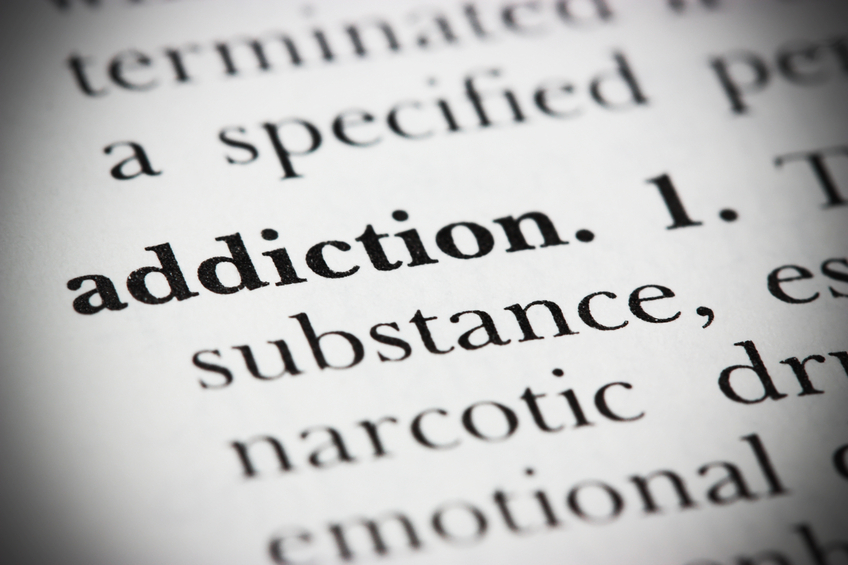
It’s hard to completely avoid alcohol in a society that is forever promoting it. At any kind of celebration, you’re likely to find alcohol being served. And with the changing laws regarding marijuana, it too might be a substance that you can access easily. If you’re concerned about your loved ones or developing an addiction yourself, can you prevent addiction?
First of all, it’s important to remember that addiction is an illness. It’s a disease that affects the functioning of the brain. And once the brain is altered by the continued use of substance use (or addictive behaviors such as gambling, shopping, eating, and sexual activity), then a person begins to lose the ability to stop.
It’s possible for a person to be using drugs or alcohol and never develop an addiction. However, there are some factors that can influence the functioning of the brain and make a person vulnerable to developing addiction. These factors include:
- Genetics
- Environment
- Lack of coping skills
- History of trauma
- Mental illness
According to research genetics plays a 50% role in whether addiction will develop. However, it’s important to keep in mind that someone might have addiction in their genes, but if they never touch a drink or drug in their life, then genetics won’t be a factor. However, if a person had a tendency to drink on occasion and if he or she went through a difficult period in her life as well as having a genetic predisposition to addiction, then the illness of addiction might develop.
Along with genetics, a person’s environment can have an influence on them. For instance, research has found that children who are raised in families with addiction are 8 times more likely to develop an addiction. It’s common for family members to develop certain roles in response to the one who is suffering from the addiction. Other environments that can have an effect on someone include a drug-using college scene and an at-risk neighborhood, in which many individuals are using substances to cope.
Lack of coping skills can also contribute to addiction. If a person does not have the tools to manage uncomfortable feelings, they may develop the habit of using drugs and alcohol as a means to feel better. Over time, this continued habit can turn into the illness of addiction. Along those lines, a person with a history of trauma will likely also have many uncomfortable feelings that they will try to avoid. They might also turn to alcohol and drugs as a way to cope.
Also, an addiction might develop when someone with a mental illness continues to turn to substances to manage their symptoms. It’s common, for example, that someone with depression, might turn to drugs or alcohol as a way to manage their depression. And it’s common for people to do this despite not knowing that depression is what they are experiencing. However, the low mood and sadness prompts them to drink or get high in order to shift their mood.
The best way to prevent addiction is to remain abstinent. Because virtually anyone can have any one of the above factors that contribute to addiction. When a person avoids alcohol and drugs (and addictive behaviors) entirely, they have a greater chance of avoiding addiction as well.
If you are reading this on any blog other than TranscendTexas.com,
it is stolen content without credit.
Connect with us on Twitter, Facebook, and Instagram.
Come and visit our blog at http://TranscendTexas.com/blog/


